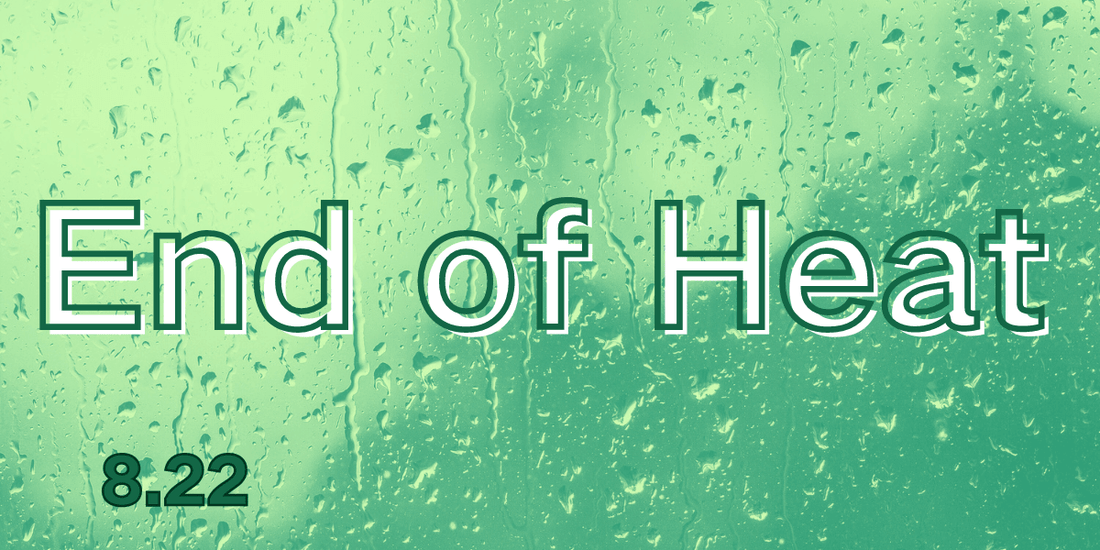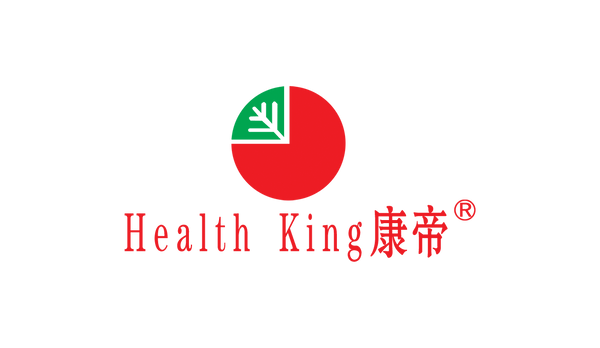
Embracing the End of Heat: A Guide to Seasonal Changes, Customs, and Dietary Wisdom
Share
As summer gradually loosens its grip and the days start to cool, the "End of Heat" solar term, known as "Chushu" in Chinese, marks a significant transition in the lunar calendar. This period, which usually falls around August 23rd, signals the winding down of summer heat and the impending arrival of autumn. As we delve into the nuances of the End of Heat, we explore the climatic changes, traditional customs, and dietary advice that characterize this important time of the year.
Climate Changes During the End of Heat
The End of Heat solar term heralds noticeable changes in weather patterns. One of the most significant sayings associated with this period is "an autumn rain, a cold," which reflects how a single autumn shower can bring a sharp drop in temperature. These rains not only cool the environment but also signal the end of the sweltering summer days. Thunderstorms are also more frequent during this time, often serving as a final act of summer's intensity before autumn's calm.
Traditional Chinese Customs and Festivals
-
Fishing Festival
The End of Heat is traditionally celebrated with various customs, one of which is the Fishing Festival. This festival is particularly significant for coastal and river communities, where fishing activities resume after a summer hiatus. The festival involves rituals to honor the sea gods and ensure a bountiful catch. It’s a time for fishermen to express gratitude and seek blessings for safety and prosperity.
- Autumn Cloud Appreciation

As the heat subsides, the skies often clear, presenting a perfect opportunity for cloud appreciation. In traditional Chinese culture, observing the shapes and movements of autumn clouds is a cherished activity. The clouds in this season are known for their varied and picturesque formations, providing a natural spectacle that inspires poetry, art, and contemplation.
Dietary Suggestions for the End of Heat
With the climatic shift, it’s essential to adjust dietary habits to maintain health and balance. Traditional Chinese medicine emphasizes the importance of aligning diet with seasonal changes to counteract the effects of autumn dryness.
- Salty Foods
Salty foods are recommended during this period to help retain body fluids and nourish the kidneys. Foods like yam and kudzu are particularly beneficial. Yams are known for their nourishing properties, while kudzu helps to improve digestion and reduce internal heat.
- Avoid Spicy Barbecue
It is advisable to eat less spicy barbecue and avoid foods like chili, ginger, pepper, onion, cinnamon, and wine. These items can exacerbate the dryness typical of autumn, leading to issues such as dry skin, throat discomfort, and respiratory problems. Instead, focus on foods that provide warmth and gentle nourishment.
- Warm Tonic Foods

Warm tonic foods such as longan and red dates are excellent choices during the End of Heat. These foods help to replenish the body's energy and support overall well-being. Consuming a few in the morning can provide a gentle boost to start the day on a balanced note.
Summary
The End of Heat solar term is a period of significant transition, marked by cooler weather, seasonal customs, and thoughtful dietary adjustments. Embracing these changes and aligning our lifestyle with the rhythms of nature helps us to stay healthy and harmonious during this transformative time. As we bid farewell to the intense heat of summer and welcome the gentle onset of autumn, let us cherish the traditions and wisdom that guide us through this seasonal shift.
